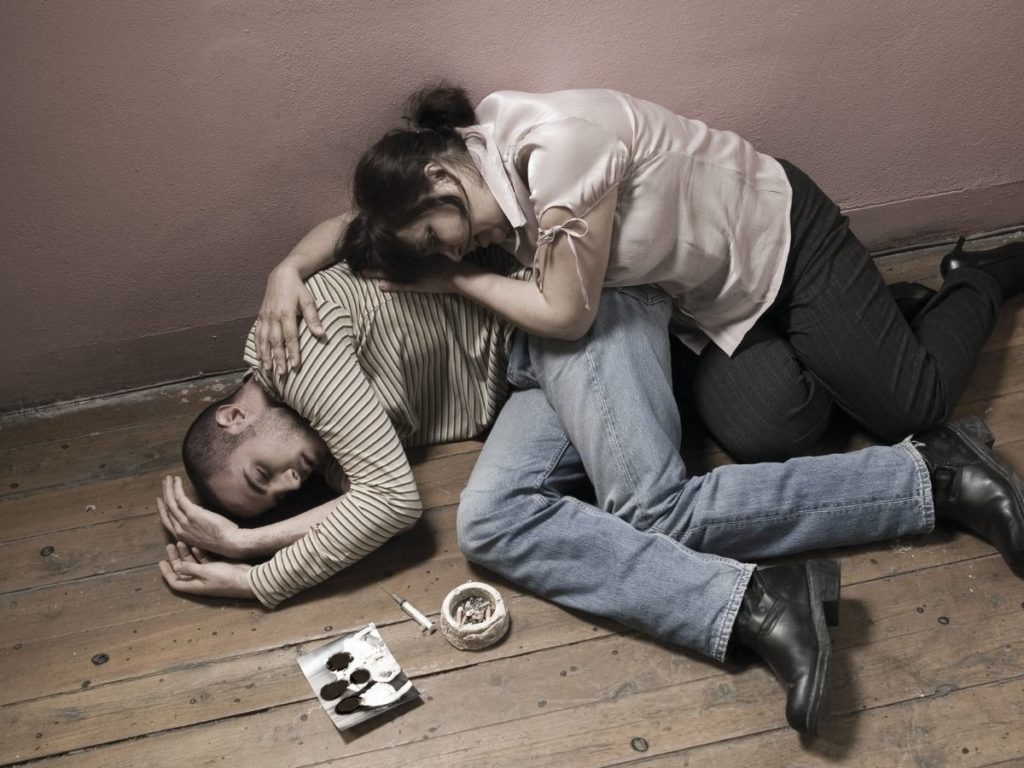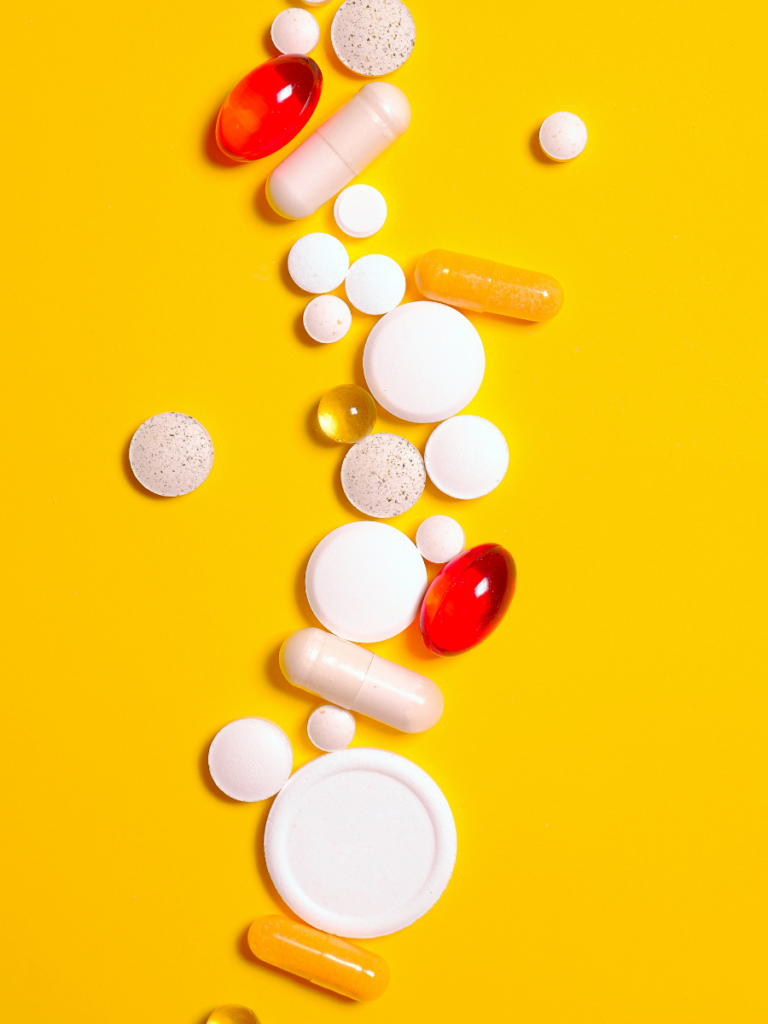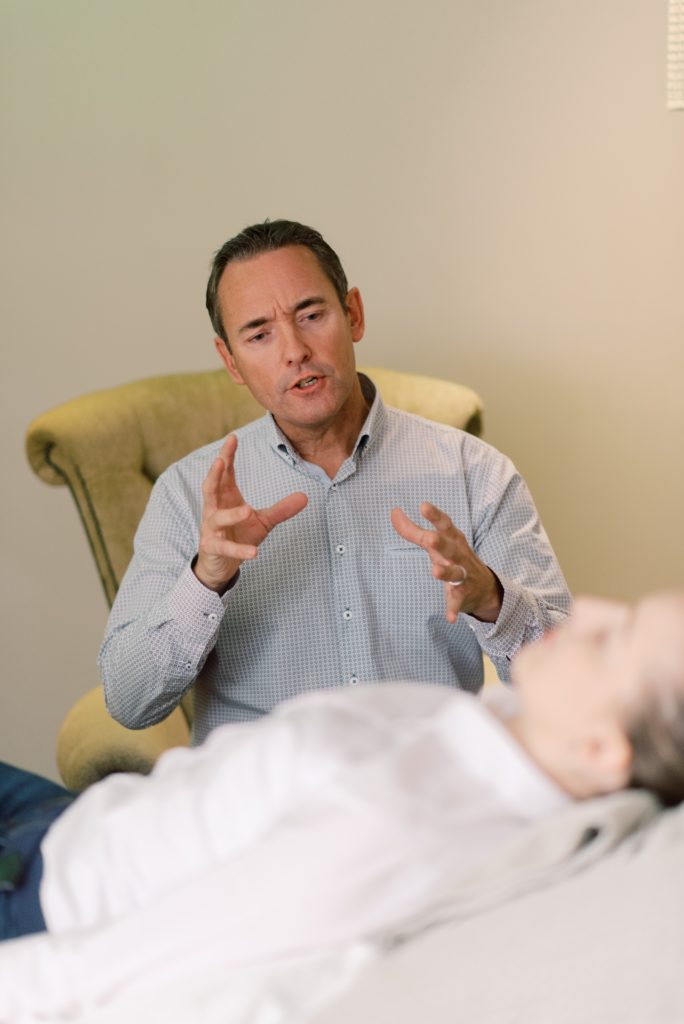Drug Addiction Treatment
Drug addiction is a chronic disease distinguished by compulsive or uncontrollable drug seeking and use despite harmful effects and changes in the brain. Therefore, a range of care with a tailored drug addiction treatment program and follow-up options can be crucial to success for drug abuse treatment.
Drug addiction treatment should involve both medical and mental health services as needed. Follow-up care may include community- or family-based recovery support systems. The path to drug addiction starts with the voluntary act of taking drugs. But over time, a person’s ability to choose not to do so becomes compromised. Seeking and taking the medication becomes compulsive.
This is primarily due to the effects of long-term drug exposure on brain function. Addiction influences parts of the brain associated with reward and motivation, learning and memory, and control over behavior.

The First Step to Drug Addiction Treatment
Developing an addiction to drugs isn’t a character flaw or a sign of weakness, and it takes more than willpower to overcome the problem. In addition, abusing illegal or certain prescription drugs can alter the brain, causing powerful cravings and a compulsion to use that makes sobriety seem like an impossible goal.
But recovery is never out of reach, no matter how desperate your situation seems or how many times you’ve tried and failed before. With the proper drug addiction treatment and support, change is always feasible.
For many people struggling with addiction, the most challenging step toward recovery is the very first one: recognizing that you have a problem and deciding to make a change. Unfortunately, it’s normal to feel uncertain about whether you’re ready to start recovery or if you have what it takes to discontinue.
If you’re addicted to a prescription drug, you may be concerned about how you’re going to find an alternate way to treat a medical condition. It’s okay to feel torn. Committing to sobriety requires changing many things, including:
- The way you deal with stress
- Who you allow in your life
- What you do in your free time
- How you think about yourself
- The prescription and over-the-counter medications you take
It’s also normal to feel conflicted about giving up your drug of choice, even when you know it’s causing problems in your life. Recovery demands time, motivation, and support, but you can overcome your addiction and regain control of your life by committing to change.
Principles of Effective Treatment
Based on scientific research since the mid-1970s, the following are the fundamental principles of effective treatment in a drug addiction treatment center:
- Addiction is a complex but treatable disease that affects brain function and behavior
- No single drug addiction treatment is suitable for everyone
- People need to have quick access to drug addiction treatment
- Effective drug addiction treatment addresses all of the patient’s needs, not just their drug use
- Staying in treatment long enough is critical
- Counseling and other behavioral therapies are the most commonly used forms of treatment
- Medications are often an essential part of treatment, especially when combined with behavioral therapies
- Drug addiction treatment plans must be reviewed constantly and modified to fit the patient’s changing needs
- Treatment should address other possible mental disorders
- Medically assisted detoxification is only the first stage of a drug addiction treatment
- Drug addiction treatment doesn’t need to be voluntary to be effective
- Drug use during drug addiction treatment must be monitored continuously
Treatment programs should test patients or clients for HIV/AIDS, hepatitis B and C, tuberculosis, and other infectious illnesses and teach them about steps to lessen their risk of these illnesses.
Components of Inpatient Drug Addiction Treatment Center
Inpatient rehab system in a drug abuse treatment center consists of medical treatment, withdrawal management (detox), and individual, family, and group counseling. This combination is necessary to treat the overall medical and mental health of the individual holistically. When only one component is addressed, there is more room for addiction to return.
- Medical Treatment: Inpatient treatment includes medical care to support you further as you take your first steps in recovery. Medical care is so helpful because addiction and physical dependence affect a person’s physical health.
For instance, alcohol can cause seizures during withdrawal, so medical staff must be trained to handle episodes. In addition, an intravenous (IV) drug user might need to screen for HIV, Hepatitis B, and C. Medical care in the inpatient rehab setting is sometimes the first treatment people have gotten in years.
- Withdrawal Management: The time frame depends on the drug of abuse, the amount used, how long it is for, and many other personal factors. Clinical care in inpatients helps alleviate adverse side effects as a person faces lingering withdrawal symptoms.
- Individual, Family, and Group Therapy: Individual counseling, family counseling, and group therapy are included in inpatient rehab services. Choosing a drug abuse treatment center near you and understanding which types of addiction therapies they offer should be critical in deciding if it’s right for you.
- Recreational Therapy: In inpatient care, you can access a range of recreational amenities to enhance your physical and mental health. Amenities differ by the facility but may include yoga or holistic therapy, sports activities, and more.

Explore Your Drug Addiction Treatment Options
Once you’ve committed to recovery, it’s time to explore your treatment options. While drug abuse treatment can differ according to the specific drug, a successful program often includes different factors, such as:
- Detoxification: Usually, the first step is to purify your body of drugs and manage withdrawal symptoms
- Behavioral Counseling: The individual, group, and/or family therapy can help you identify the root causes of your drug use, restore your relationships, and learn healthier coping skills
- Medication: Medications are helpful to manage withdrawal symptoms, prevent relapse, or treat any co-occurring mental health condition such as depression or anxiety
- Long-Term Follow-Up: This process can help to prevent relapse and maintain sobriety. This may include attending regular in-person support groups or online meetings to help keep your recovery on track
Drug Addiction Treatment & Understanding Relapse Prevention
Different “triggers” can put you at risk of relapsing into old patterns of substance use. While specific determinants of relapse differ from person to person, some common triggers include:
- Trying to test your control (“I can use just once” or “have just one pill”)
- Strong Temptation or Urge (craving to use)
- Conflict (such as an argument with your spouse or partner)
- Social Pressure (being in a situation where it seems everyone else is using)
- Negative Emotional State (such as stress, sadness, anger, or trauma)
- Positive Emotional State (feeling happy and desiring to feel even better, such as having a good time with friends)
- Physical Discomfort (such as pain or withdrawal symptoms)
Drug abuse treatment is designed to help addicted individuals end compulsive drug seeking and use. Treatment can occur in several settings, take many different forms, and last for different lengths. However, because drug addiction is typically a chronic disorder characterized by occasional relapses, short-term, one-time treatment is usually insufficient. For many, treatment is a long-term process that involves multiple interventions and regular monitoring.
Drug Addiction Treatment & Programs
There are a variety of evidence-based approaches to treating addiction. Drug abuse treatment can incorporate behavioral therapy (cognitive-behavioral therapy or contingency management), medications, or a combination.
The specific treatment or combination of treatments will vary depending on the client’s individual needs and, often, on the drugs they use. Many treatment programs exercise both individual and group therapies. For instance, group therapy can provide social reinforcement and help enforce behavioral contingencies that promote abstinence and a non-drug-using lifestyle.
We Level Up WA Behavioral Treatment Center
Drug addiction is a complex issue that requires long-term treatment – not a quick fix. Therefore, the first step in drug abuse treatment is to seek help from your medical provider or a trained professional. Clearing addictive drugs from the body and overcoming withdrawal symptoms is the goal of detox, which is the first step of drug abuse treatment.
If you are addicted to drugs, your first step in recovery should be medical detox in a safe and medically supervised setting. We Level Up Washington behavioral treatment center can assist with mental health diagnosis post-detox & substance abuse treatment. Once clients clear their systems of addictive substances at a detox center, mental health therapy in our facility can begin.
In addition, a comprehensive team prescribing medications can alleviate your withdrawal pains while monitoring your health 24 hours. Thus, assuring both your safety and comfort. At Level Up WA, our thorough approach to rehabilitation supports several levels of care to ensure the best possible outcome for every client who enters our doors.
From an intensive and more supportive atmosphere for those in the early days of recovery to a comfortable residential-style living dynamic upon completion of detox, we are here to help guide you down the safe and results-based path to your sobriety. Once detox is complete, a new doorway in treatment opens up, referred to as a residential level of care.
Our residential care program slowly and effectively introduces the individual into an atmosphere of therapeutic growth, marked by Master’s level therapists, clinicians, group counselors, psychiatrists, and a community of like-minded individuals with the same aim: to attain sobriety and live a great life.

Clients in our residential therapy programs will live comfortably within the facility during this crucial and fragile time. This supportive environment is designed to give clients 24-hour care for sobriety, removing temptations for relapse and applying an air of recovery into every component of the treatment timeline.
At We Level Up WA, clients living in a supportive community, especially during their early recovery process, can genuinely focus on what matters most: their recovery. Make this your opportunity to reclaim your life with a comfortable drug addiction treatment. Call today to speak with one of our treatment specialists.
We Level Up Washington Mental Health Center: Primary Mental Health Treatment with Secondary Co-Occurring Treatments
The We Level Up Washington primary mental health center stands ready to help. Offering secondary treatment programs for underlying conditions like drug addiction and drug overdose frequently fuels harmful behaviors. Taking that first step to get the professional support you need can be life-transforming.
We know how mental health disorders and secondary co-occurring substance abuse diagnoses directly affect one another. The We Level Up Washington treatment center provides recovery programs through science-based mental health treatments that can help you feel better. Call us now for a free mental health evaluation!
Inpatient medical detox and residential primary addiction treatment may be available at affiliated facilities at other We Level Up Treatment Centers locations beyond the Washington treatment facility.